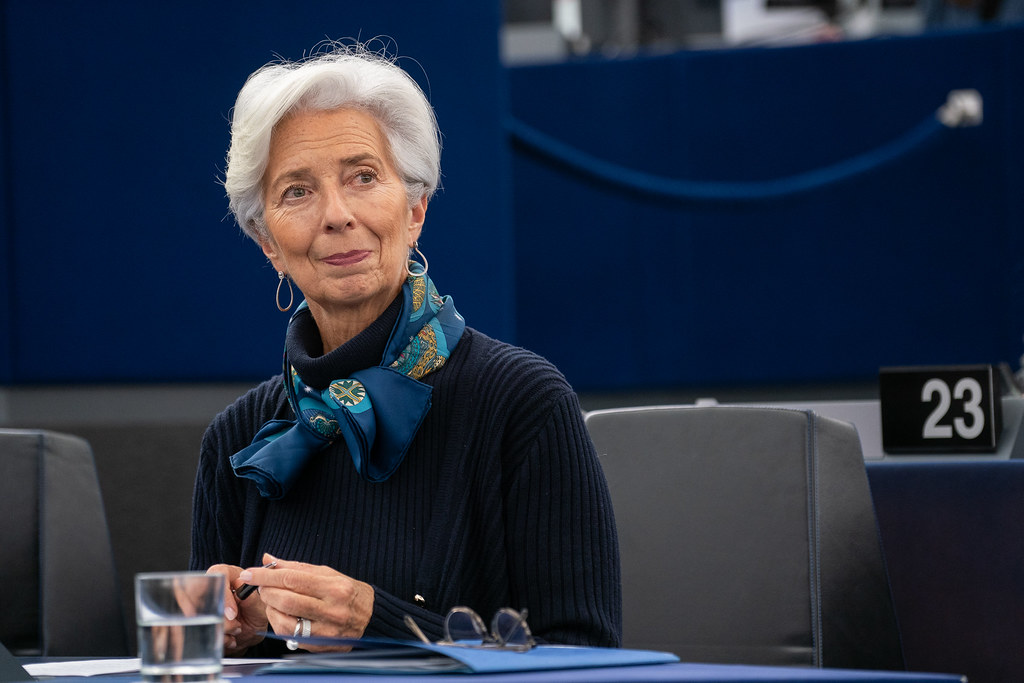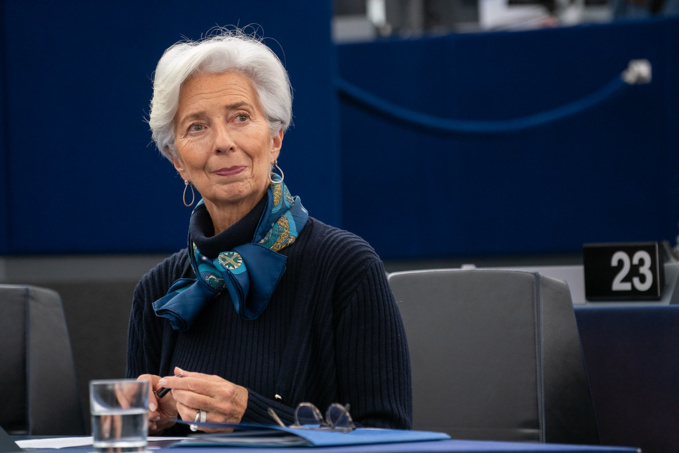The ECB has expanded its program of redemption of securities of the eurozone countries (Pandemic Emergency Purchase Program) by another € 600 billion, to € 1.35 trillion. The program has been extended for six months (at least until the end of June 2021), until the regulator decides that the eurozone economy has recovered from the effects of the pandemic. It is assumed that the ECB will buy back securities worth € 20 billion monthly under the previous program and € 120 billion each under the new one. The rates following the meeting on Thursday were left unchanged.
After the meeting, ECB President Christine Lagarde emphasized that the economy of the euro area has experienced an unprecedented recession, while the pace of recovery is not yet comparable with the speed at which the crisis unfolded. Due to the recession and the fiscal measures taken by the authorities, the needs of the eurozone countries for additional financing may exceed 10% of their total GDP, she estimated. She noted that the emission of debt due to a pandemic in 2020 alone could amount to € 1–1.5 trillion.
According to Eurostat, in the first quarter of 2020, GDP of the eurozone declined by 3.8% in quarterly terms (even at the height of the last crisis, in the first quarter of 2009, the decline was only 3.1%).
In the whole year, according to the ECB forecast, the depth of the recession in the eurozone will be 8.7%, after which the economy will grow by 5.2% in 2021 and by 3.3% in 2022.
"The increase in the volume of the program confirms the willingness of the ECB to do everything that is needed to support the economy," the ING said. They note that the low inflation forecast of the regulator (only 0.3% this year and 0.8% next year) virtually eliminates any normalization of monetary policy in the near future.
It should be noted that a large-scale fiscal support measure will be discussed at the upcoming summit of EU leaders on June 19 - the creation of an economic recovery fund of € 750 billion. According to the European Commission's plan, it is proposed to borrow funds in financial markets and offer the countries of the union grants (up to € 500 billion) and loans (up to € 250 billion). It is planned to pay the debt at the expense of the general budget for 30 years (for this, it is also planned to raise some taxes). It is assumed that the money from this fund will be supporting the EU economy until the end of 2024.
Its launch requires a unanimous decision by all EU countries and the European Parliament. However, the Netherlands, Austria, Sweden and Denmark have previously expressed their disagreement with the similar plan of the heads of France and Germany, Emmanuel Macron and Angela Merkel. Note that the Dutch parliament this week has shown intransigence and refused to ratify one of the largest EU trade agreements - with the common market of the four countries of South America - MERCOSUR (Brazil, Argentina, Uruguay and Paraguay), citing unequal competition for local farmers. Earlier, Austrian parliamentarians took a similar position.
source: ec.europa.eu
After the meeting, ECB President Christine Lagarde emphasized that the economy of the euro area has experienced an unprecedented recession, while the pace of recovery is not yet comparable with the speed at which the crisis unfolded. Due to the recession and the fiscal measures taken by the authorities, the needs of the eurozone countries for additional financing may exceed 10% of their total GDP, she estimated. She noted that the emission of debt due to a pandemic in 2020 alone could amount to € 1–1.5 trillion.
According to Eurostat, in the first quarter of 2020, GDP of the eurozone declined by 3.8% in quarterly terms (even at the height of the last crisis, in the first quarter of 2009, the decline was only 3.1%).
In the whole year, according to the ECB forecast, the depth of the recession in the eurozone will be 8.7%, after which the economy will grow by 5.2% in 2021 and by 3.3% in 2022.
"The increase in the volume of the program confirms the willingness of the ECB to do everything that is needed to support the economy," the ING said. They note that the low inflation forecast of the regulator (only 0.3% this year and 0.8% next year) virtually eliminates any normalization of monetary policy in the near future.
It should be noted that a large-scale fiscal support measure will be discussed at the upcoming summit of EU leaders on June 19 - the creation of an economic recovery fund of € 750 billion. According to the European Commission's plan, it is proposed to borrow funds in financial markets and offer the countries of the union grants (up to € 500 billion) and loans (up to € 250 billion). It is planned to pay the debt at the expense of the general budget for 30 years (for this, it is also planned to raise some taxes). It is assumed that the money from this fund will be supporting the EU economy until the end of 2024.
Its launch requires a unanimous decision by all EU countries and the European Parliament. However, the Netherlands, Austria, Sweden and Denmark have previously expressed their disagreement with the similar plan of the heads of France and Germany, Emmanuel Macron and Angela Merkel. Note that the Dutch parliament this week has shown intransigence and refused to ratify one of the largest EU trade agreements - with the common market of the four countries of South America - MERCOSUR (Brazil, Argentina, Uruguay and Paraguay), citing unequal competition for local farmers. Earlier, Austrian parliamentarians took a similar position.
source: ec.europa.eu



















